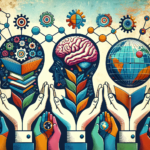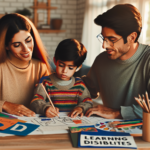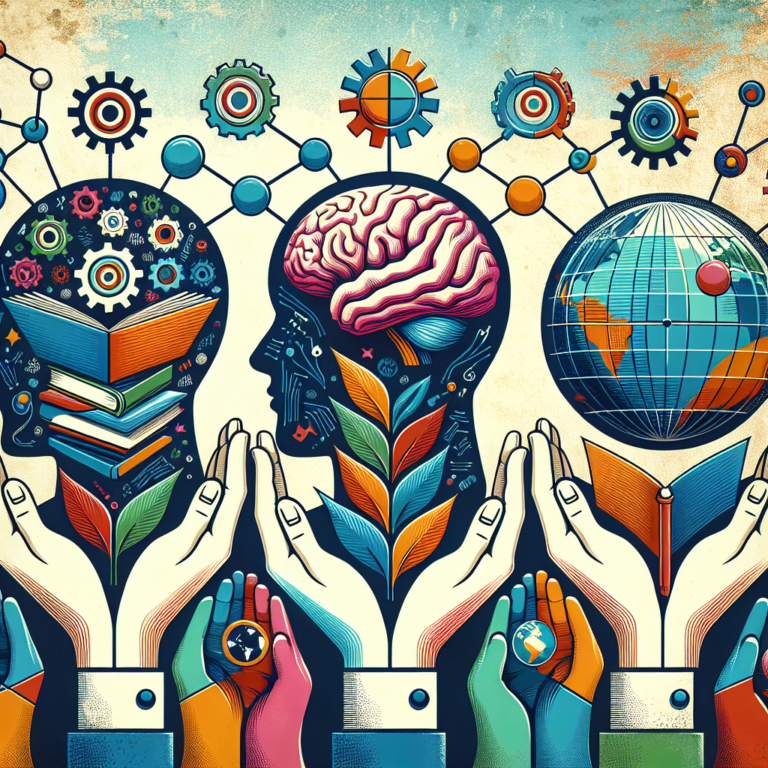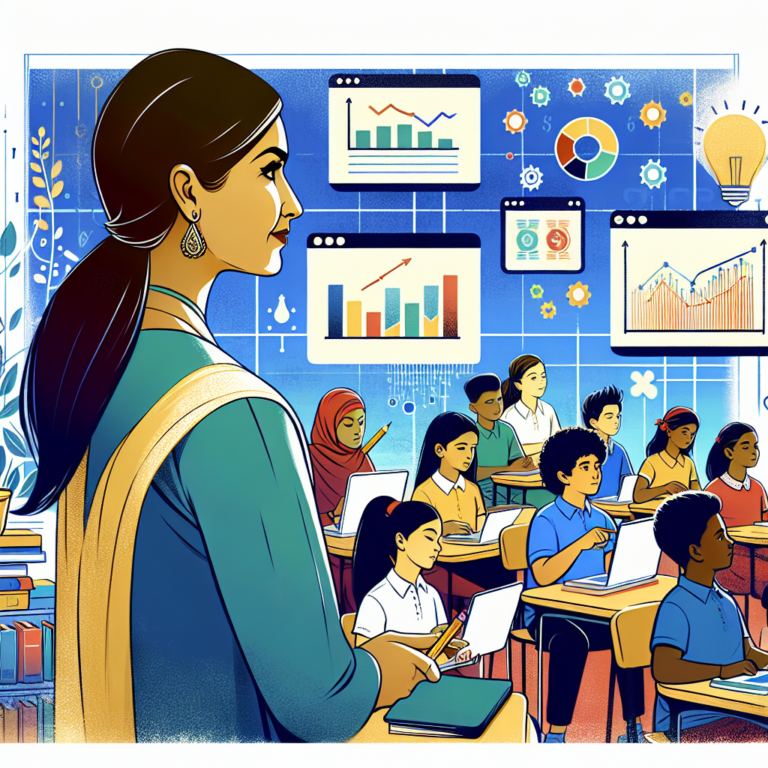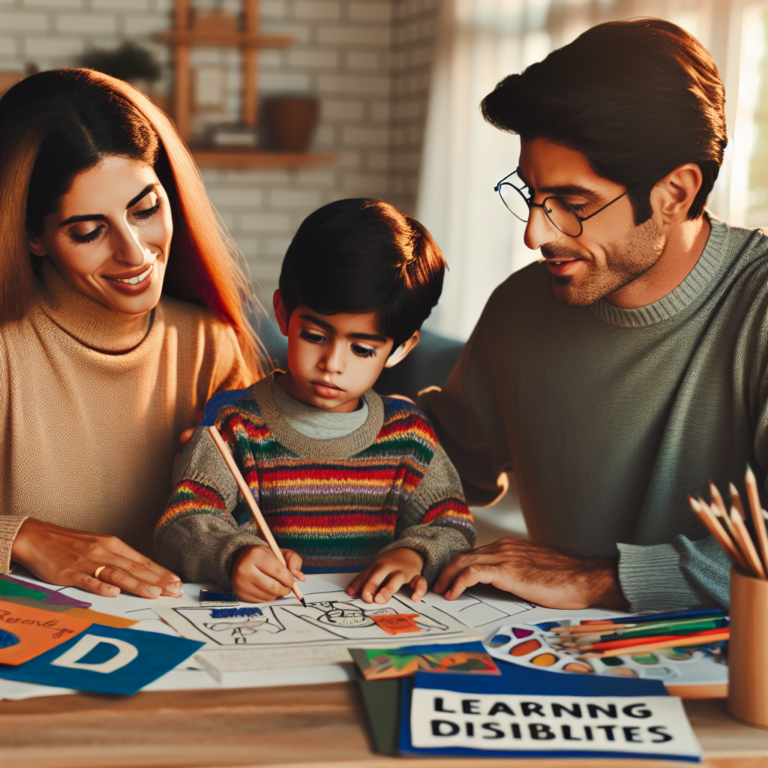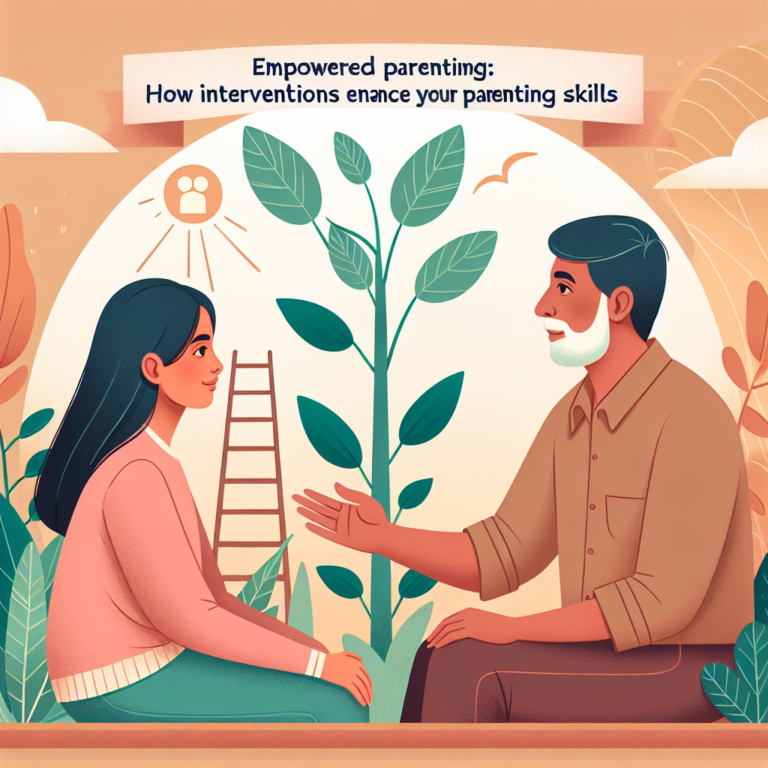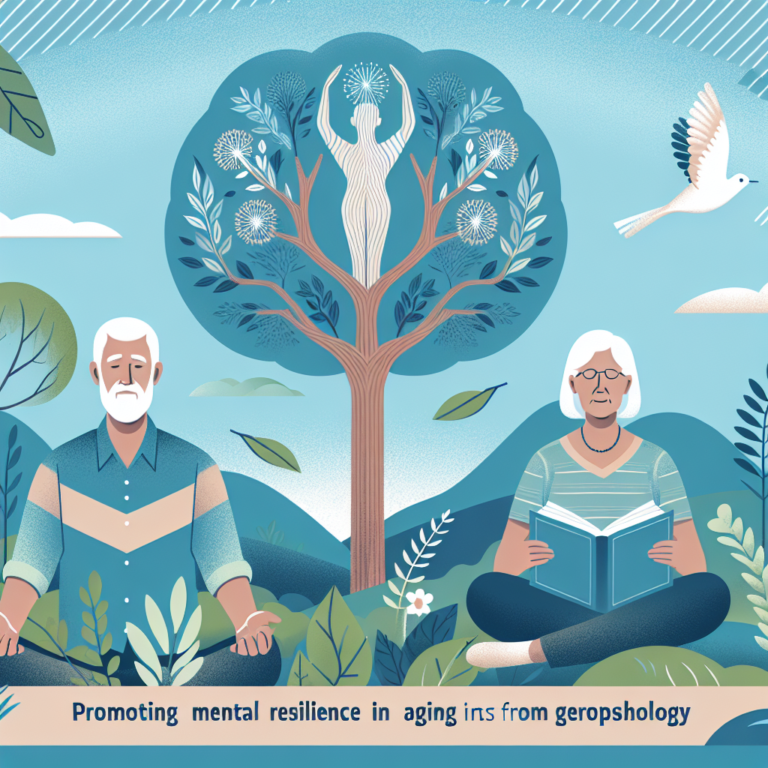
Introduction
In today’s fast-paced and often polarized world, the ability to mediate and resolve conflicts is more crucial than ever. Professionals across various fields—be it in corporate environments, healthcare, education, or community organizations—often find themselves in situations requiring mediation skills. These skills not only facilitate smooth interactions but also foster a culture of cooperation and understanding. In this article, we delve deep into the concept of "Building Bridges: Key Mediation Skills for Every Professional" to explore how these essential skills can transform workplace dynamics and enhance professional relationships.
The Importance of Mediation Skills
Why Mediation Matters
When disputes arise, they can create emotional turmoil and degrade relationships. Effective mediation skills empower professionals to navigate these turbulent waters, helping conflicting parties reach mutually acceptable resolutions. Good mediators foster collaboration rather than confrontation, transforming conflict into opportunities for growth and mutual understanding.
The Impact on Organizations
Building a solid foundation of mediation skills can have far-reaching benefits. For instance, a study from the Harvard Negotiation Project demonstrated that organizations employing trained mediators not only reduced litigation costs but also improved employee satisfaction and retention rates.
Key Traits of Effective Mediators
As we explore "Building Bridges: Key Mediation Skills for Every Professional," it’s essential to recognize the fundamental traits that effective mediators share:
- Active Listening: The capability to truly hear and understand differing perspectives.
- Empathy: The ability to relate to the emotions of others, building trust.
- Neutrality: Remaining impartial helps all parties feel heard and valued.
- Problem-Solving: Creative and pragmatic thinking for generating solutions.
Key Mediation Skills
1. Active Listening: The Cornerstone of Mediation
Active listening is the very first step in building a bridge between conflicting parties. It requires undivided attention, which fosters an environment of trust and clarity.
Case Study: Workplace Conflict
In a noted case from a large tech company, two departments were at odds over project responsibilities. The mediator employed active listening techniques, allowing each side to voice their concerns fully. The result? A redesigned workload that addressed both parties’ needs, fostering a cooperative spirit.
2. Empathy: Walking in Their Shoes
Empathy allows a mediator to see beyond positions and understand the underlying interests and emotions of all parties. This crucial skill can transform the tone of discussions from adversarial to constructive.
Case Study: Community Mediation
A community mediation case involved a dispute between long-time residents and newcomers. The mediator demonstrated empathy, which helped both sides appreciate each other’s historical and emotional context, leading to shared community initiatives and harmony.
3. Neutrality: A Must for Trust
A mediator’s neutrality is key to instilling confidence in the process. When all parties perceive the mediator as unbiased, they are more open to dialogue.
Analysis
In a corporate setting, a mediator initially viewed as biased inadvertently escalated tension. This illustrates the importance of strict neutrality, underscoring that perceptions matter immensely in mediation outcomes.
4. Problem-Solving: The Path Forward
Understanding that mediation is about finding solutions, effective mediators often employ creative problem-solving techniques. This may involve brainstorming sessions to explore innovative solutions.
Table: Problem-Solving Techniques
| Technique | Description |
|---|---|
| Brainstorming | Generating a list of ideas without judgment |
| Interest-Based Approach | Focusing on the interests behind positions |
| Reality Testing | Evaluating how proposed solutions can be implemented |
| Consensus Building | Creating mutually agreeable solutions |
5. Communication Skills: Clarity and Articulation
Being able to communicate clearly is vital. Mediators must craft messages that are not only clear but also respectful and encouraging.
Case Study: School Mediation
In a school dispute between students, the mediator used clear and effective communication techniques. This helped in de-escalating potential confrontations and fostered a spirit of cooperation, steering the students toward understanding rather than conflict.
Developing Your Mediation Skills
Training and Continuous Learning
To fully embrace "Building Bridges: Key Mediation Skills for Every Professional," consider enrolling in workshops or certification programs focused on mediation.
- Active Listening Workshops: Engage in exercises that emphasize how to listen effectively.
- Negotiation Courses: Improve your problem-solving skills.
- Role-Playing Activities: Simulate conflicts to practice mediation skills in real-time.
Real-World Application
Practical application of mediation skills can solidify your learning. For instance, volunteering as a mediator in community settings can provide invaluable experience, providing a unique perspective on conflict resolution.
Common Challenges in Mediation
Mediators often encounter various challenges that require adaptability and skill.
Emotional Responses
When emotions run high, rational thinking may lapse. Effective mediators know how to manage emotional responses and bring the conversation back to focus.
Power Imbalances
When one party holds more power, it can skew the dynamics. Mediators must be adept at identifying power imbalances and adjusting the process accordingly to level the playing field.
Resistance to Change
People naturally resist change, especially in conflict situations. Mediators can employ techniques like reframing to help parties see new perspectives and possibilities.
Conclusion
Building bridges through mediation is an invaluable skill for every professional. By mastering the key mediation skills highlighted in this article, you can enhance not only your career trajectory but also the quality of the environments you work in. Embrace the role of a mediator and become a catalyst for positive change in any team or organization.
Motivational Takeaway
Remember: every conflict offers an opportunity for growth and transformation. With the right skills at your disposal, you can build bridges that lead to collaboration, understanding, and mutual success.
FAQs
1. What are the primary skills required for effective mediation?
Effective mediation requires active listening, empathy, neutrality, problem-solving, and communication skills.
2. How can I develop my mediation skills?
You can improve your mediation skills through workshops, courses, and real-world practice in role-playing or volunteer mediation.
3. Is mediation always successful?
While mediation is a powerful tool, success is not guaranteed. It depends on the willingness of the parties to engage and find common ground.
4. How do I handle strong emotions during mediation?
Utilize active listening and empathy to acknowledge emotions and briefly allow parties to express feelings, then guide the conversation back to issues needing resolution.
5. Can mediation work in a remote setting?
Yes, mediation can be effective in remote settings through video conferencing platforms, as long as all parties feel comfortable and connected.
Through your journey of mastering "Building Bridges: Key Mediation Skills for Every Professional," remember that every interaction is an opportunity to create understanding, foster cooperation, and drive change. Your enhanced mediation skills can make a significant difference, not only in your professional life but also in the lives of those around you.
